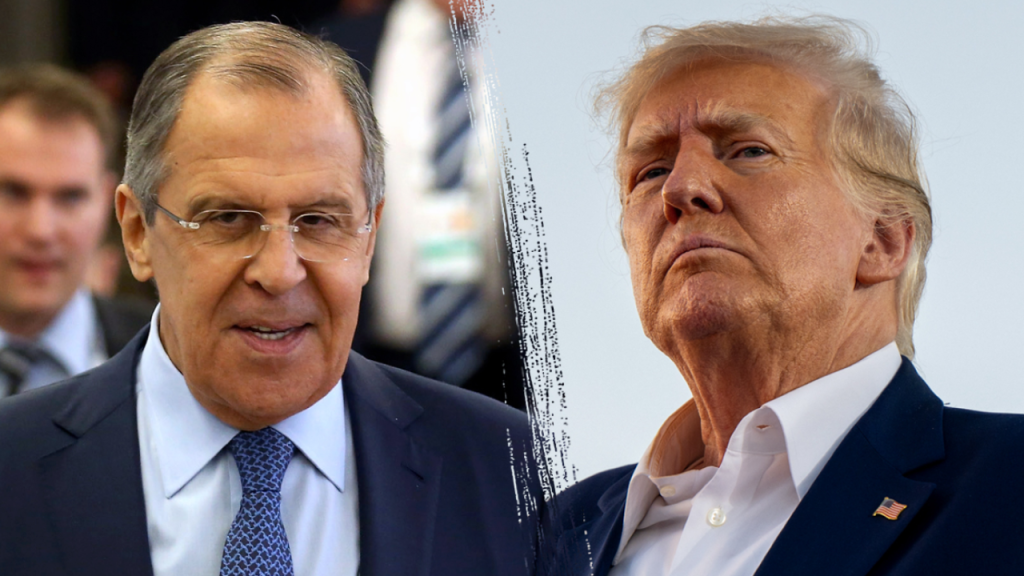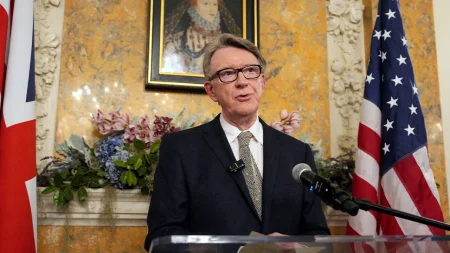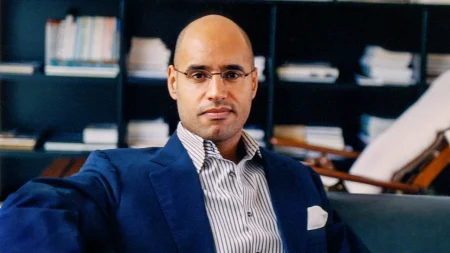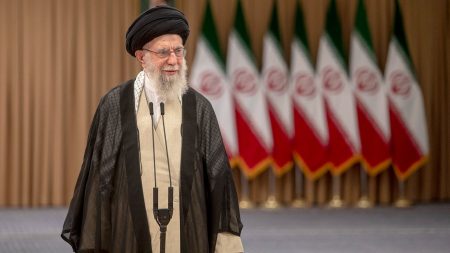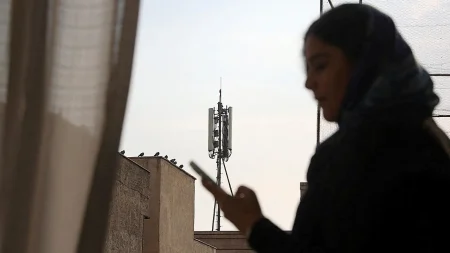Russian Foreign Minister Sergei Lavrov has vehemently rejected purported peace proposals concerning the ongoing conflict in Ukraine, allegedly emanating from advisors within President-elect Donald Trump’s circle. Lavrov, speaking to the state-run news agency TASS, characterized the alleged plan as involving a cessation of hostilities along the current line of contact, effectively handing over the responsibility for confronting Russia to European nations. He further elaborated on the alleged proposal, claiming it encompassed a 20-year postponement of Ukraine’s NATO membership and the deployment of British and European peacekeeping forces within Ukraine. These claims are notable given the absence of any official confirmation or announcement from either the Trump transition team or any other American officials.
Adding to the intrigue surrounding these unsubstantiated claims, Lavrov pointed to unspecified “leaks” and a recent interview Trump gave to TIME Magazine as the source of this information. However, a review of the TIME interview reveals no mention of such proposals related to NATO or peacekeeping deployments. Lavrov’s assertion appears to be a mischaracterization or misinterpretation of the available public information. Instead, Trump, in his TIME interview, focused on the strategic advantage of ending the war for both sides and reiterated his belief that the invasion would not have occurred under his presidency.
Lavrov’s dismissal of the alleged peace plan was interwoven with accusations against NATO, echoing the Kremlin’s long-standing narrative about the alliance’s eastward expansion as a root cause of the Ukraine crisis. He accused NATO of escalating the conflict by supplying long-range missiles to Ukraine and alleged the direct involvement of NATO personnel and mercenaries in planning and participating in combat operations alongside Ukrainian forces. Furthermore, he accused NATO of complicity in attacks on Russian territory, referencing purported strikes in the Kursk region, a claim consistent with recent statements by President Vladimir Putin. These allegations, framed within a broader narrative of NATO aggression, serve to justify Russia’s actions in Ukraine.
The timing of Lavrov’s remarks comes shortly after President Putin expressed a willingness to negotiate and compromise, while simultaneously projecting confidence in Russia’s strengthened military position. Putin’s assertion that Ukraine’s fighting capacity is dwindling and that negotiations should be based on the current reality on the ground underscores Russia’s perceived advantage. This apparent contradiction between a professed willingness to negotiate and the simultaneous rejection of purported peace proposals, coupled with accusations of NATO escalation, further complicates the prospects for a peaceful resolution.
The alleged peace plan, as described by Lavrov, raises several critical questions. First, the veracity of the claims remains unconfirmed, given the lack of corroboration from any official sources within the Trump transition team or the US government. Secondly, even if such proposals were under consideration, their feasibility and acceptability to Ukraine and European partners remain highly uncertain. Ukraine’s aspiration for NATO membership is a cornerstone of its security policy, and a prolonged postponement would likely be met with resistance. Similarly, the deployment of peacekeeping forces without a comprehensive ceasefire and a political settlement could prove ineffective and potentially exacerbate tensions.
Finally, the broader context of these developments highlights the complex interplay of domestic politics and international relations. The alleged involvement of Trump advisors, whether real or fabricated, introduces an element of uncertainty into the transatlantic relationship and raises questions about the future direction of US policy towards the conflict. The conflicting messages from Moscow, oscillating between expressions of willingness to negotiate and dismissive rhetoric towards potential peace initiatives, further cloud the outlook for a negotiated settlement. As the conflict continues, the search for a viable path to peace remains elusive, hampered by mistrust, conflicting narratives, and the ever-present risk of escalation.





